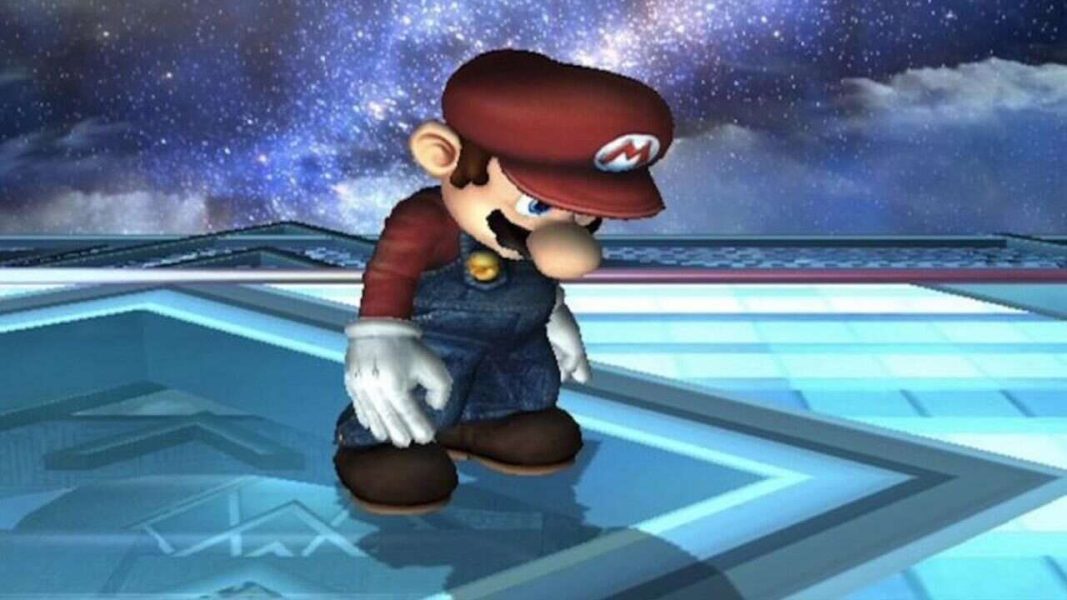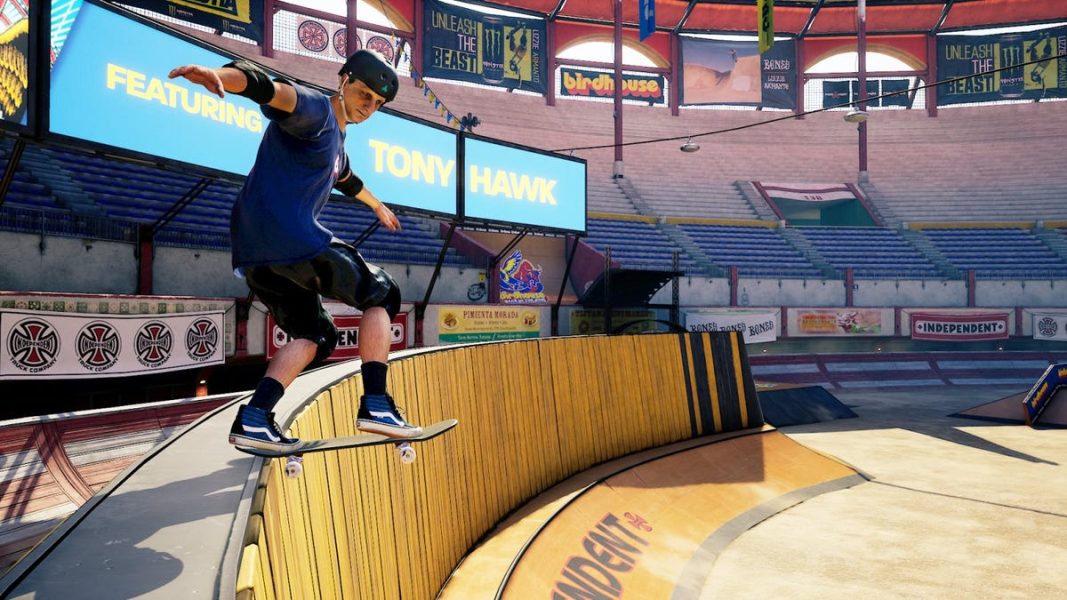Todd Haynes on Resistance, Reinvention and the Art of Letting Go – Hollywood Reporter

Subscribe for full access to The Hollywood ReporterSubscribe for full access to The Hollywood ReporterThis year’s Berlin Film Fest jury president talks about Donald Trump, the challenges for indie cinema, and what the AIDS crisis taught him about activism: “We have to really be careful about not yielding.”
By
Scott Roxborough
Europe Bureau Chief
It’s the halfway mark of the 75th edition of the Berlin International Film Festival and, so far, no clear frontrunner has emerged from the 19 films in this year’s competition lineup.
Judging the would-be Gold and Silver Bear winners is a jury headed by U.S. director Todd Haynes, the queer cinema pioneer who made his feature debut here back in 1991 with Poison, which took the Teddy Award for best LGBTQ work.
Haynes came up in the 1980s, closely aligned with activist and gay-rights movements that arose in response to the Reagan government and its inaction on the AIDS crisis. It’s a legacy he says he is drawing on now, in the weeks since Donald Trump’s inauguration.
Related Stories
TV
Banijay Unveils ‘AI Love You,’ Docu-Format Allowing Couples to Preserve Love Beyond Death
News
‘Doctor Who’ Theme and More: The Legendary BBC Radiophonic Workshop’s Archive Is Now Available
“We’re in a state of whiplash at the moment, just trying to catch up and figure out the implications of what we’re experiencing, the likes of which, even in authoritarian governments rarely happen this quickly,” said Haynes, speaking to The Hollywood Reporter in Berlin. “But I think what we’ve learned historically is that [we have] to be really careful about not yielding.”
He also discussed the challenges facing independent cinema and how he is approaching the Berlinale jury head duties.
How has the experience of the festival been for you and your colleagues as a jury, instead of participants?
It’s such a great rare privilege to sort of be forced to stop your work, the sort of tunnel you enter in your own processes and take stock of what’s happening in world cinema, and do it with a group of international artists and filmmakers. That’s all you do: You just concentrate on the work. It’s just such a great thing to do because I never feel caught up. No one can be. Critics have to be, to a degree, but still, it’s overwhelming. So it’s been a really positive sort of injection, feeling the moment that we’re in, historically and culturally.
At your opening press conference, you talked about the Trump government. What impact do you expect Trump will have on the film business, on the ability to tell the kind of stories that you tell?
I don’t think any of us can say. I don’t think any of us can say how it affects the film industry or any other aspect of our lives, our social life, cultural life and political life. It’s been too rapid and it’s been too aggressive. We’re in a state of whiplash at the moment, just trying to catch up and figure out the implications of what we’re experiencing, the likes of which, even in authoritarian governments rarely happen this quickly.
Look, it is profound and terrifying, there’s no question. And what happens in film is in some ways the least of my worries. It’s important; it’s huge. It’s what I do. And it’s through this medium that we’ve survived even worse historical crises in the past. But I have such concerns about how our democratic system is going to survive.
This kind of almost advanced self-censorship or yielding in advance that we are seeing [from media companies], the various DEI programs that have just fallen like dominoes, the corporations and companies and people thinking, “I’ll start more passively, and hopefully, I’ll gain my footing and start to think about a long game.” But I think what we’ve learned historically is that once you start to yield, they don’t reward you for submission. These kinds of people are insatiable. We have to be really careful about not yielding.
Do you see that appetite for resistance, especially compared to the first Trump administration?
I don’t think we found our footing yet in numbers and in the sense of an organized resistance. But the numbers are there, the horror is there and the determination to fight, I think, is there. I have to believe it’s there. But I think we need leadership. They’ve very clearly unleashed this assault that has made it very hard to know where to turn and what to do first. And so that’s what I think we’re catching up to and trying to figure out.
I was speaking to your long-time producer Christine Vachon of Killer Films, and she compared this period to the 1980s and the Reagan era, trying to put a positive spin on things, saying it is at times like these when the independent film industry becomes more important, as an alternative to the mainstream.
For Christine’s and my generation in particular, the experience of having gone through the AIDS epidemic and the AIDS crisis was very formative. We saw the range of successes that resistance produced in the midst of a catastrophic health crisis that was also coming so fast and that was being so thoroughly ignored, in particular by the president, where people, again, didn’t know how to respond and kept finding ways of mitigating, or postponing, or at worst blaming people for their own predicament. It was up to us, so activists took it into our own hands to become our own experts on medical research and on public opinion and carry out extremely focused, razor-sharp forms of public resistance and activism, which started to produce specific results, one after the next, and ultimately we turn this disease around and develop drugs that people could survive this illness.
I also think that activism changed the way people look at gay people and people most victimized by that crisis, and I think it contributed to how quickly public opinions changed around things like gay marriage a decade later.
So Christine and I had that in our DNA: Those were the years we were coming of age. Alongside the biggest and most important fights that were being waged, there was a creative and cultural reaction from artists, and what was so remarkable in what was dubbed “the new queer cinema” was that it also emboldened and rejuvenated independent filmmaking, not just in content, but in style and form.
We also were in a unique and specific time in the history of independent film, and there were audiences for those films. Therefore there was a market for those films, therefore those films made enough money that they could keep getting made. There was a financial aspect that was self-sustaining. And that created a perfect atmosphere for the work that came out and for it to really be experienced by the public.
Is there still that sort of self-sustaining ecosystem for independent films today?
You can’t really compare it to that time, but I think the struggle for individual voices in film to get expressed and funded has been an ongoing struggle in every decade, and every decade has figured it out. The particular situation we’re in now is so violent and so extreme that one can only hope that it also is met with a kind of necessity on the part of filmmaking. The need for filmmakers to speak out feels more urgent than ever. What they have to say matters, and there are people who need to hear it, and a community can be reformed around what’s happening now through film. That’s the best-case scenario. It will still be balanced by, at times supported by, and at times forced to struggle under, the commercial forces of Hollywood.
What are you working on now? Does the project you were developing with Joaquin Phoenix before he abruptly exited exist in any form — are you continuing with it?
I have found myself, especially in the years that I am now, not just writing and developing all my own work, but receiving projects, adapting films, directing other people’s scripts, and so on, that there is always a little cluster of projects in various forms of progress. That was true even before that last film. And so we move on; we’re very excitedly moving forward on this adaptation of Hernan Diaz’s Trust.
That’s what I’m focusing on right now with Kate Winslet at HBO. It’s such an incredibly remarkable piece of work. I’m collaborating on the script with Jon Raymond, who I’ve worked with in the past; he and I adapted Mildred Pierce together. Jon also has worked with Kelly Reichardt on almost every feature she’s made in the last 20 years. Kelly came to visit me when I first settled in Portland in 2000 and met this new little group of friends of mine. Jon was among them. There was a really individual and decisive creative community in Portland, in music and in the visual arts, in writing and in filmmaking. And Kelly and John clicked. They’ve been working together ever since, and so many of her films have been either shot in Portland or address the culture of the Pacific Northwest. It’s just been an offshoot in other ways. So Jon and I are back at work on this together, and he and I and Hernan have been getting on super well and having a great time.
Is it harder these days to reach a broader audience with independent cinema than it was in the 1990s?
Well, we’re such a fractured culture now. A lot of it is our media culture and our internet culture and the sort of dispersal of audiences and material. There are times I miss having three networks dominating the TV set, where you felt like everybody was plugging into the same thing at the same time, most of the time. There was a common discussion that could be had about what was being made in popular culture Now it’s just the sea, this ocean, where we get lost.
Does it make it harder these days, in this fractured media landscape, to find the audience and the marker for alternative cinema?
Absolutely. Where there was a more definable sort of dominant culture that marginal cultures could push back against, in some ways speaking directly to, sometimes indirectly, I think that helped organize and motivate the reception and circulation of film and art. But Christine and Pam [Koffler] at Killer Films are just so indefatigable in their insistence that there’s going to be a way to figure this out, again. Because they’ve been doing it for so long, and they’ve had to figure it out time and time again in so many different configurations. We’ve all worked with studios and streaming companies now; we’ve all worked with foreign money and with equity investment. We’ve built our films in every conceivable way, time and time again. And it always feels like a new game each time. In my work, I like to think I’m not just repeating what I’ve done in the past. For me, it’s always something unknown, so it’s natural the financial structure will reflect that as well.
Can I ask about your job here on the festival jury? Do you have any concept of what you are looking for, what kind of stories or cinema you would like to celebrate with the Berlinale awards?
It is truly about letting go of expectations, anticipations or even the wish to honor voices that aren’t heard as much. Of course, that’s going to be a factor in whatever you see: Where the films are coming from, and how they may or may not be engaging in political content. But the best way to approach it is that I don’t read anything about the films. I barely remember the name of the movie until I’m sitting down to watch it. That’s so unusual today because we are so bombarded with advance information and knowledge. Doing it this way really clears your head. I see that among the other jurors as well. There’s this sense of being like virgins every time, just letting us respond to something in the moment. It’s remarkable, because when I’m doing my own films, I watch a lot of films for the work, but there’s always a criterion, there’s a language I’m trying to discern, there’s a set of rules I’m trying to create for what my film is going to be. So I’m very determined about what I’m looking at and what I’m not looking at. This is the opposite. It’s really like opening yourself up. It’s such a healthy thing to do for a creative person.Sign up for THR news straight to your inbox every daySign up for THR news straight to your inbox every daySubscribe for full access to The Hollywood ReporterSend us a tip using our anonymous form.






